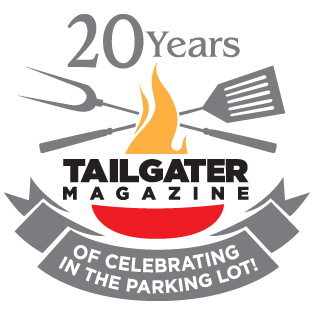Yes, the grill brings all things succulent and delicious. But it also brings enormous opportunity for accidents, burns, fires, and a miserable outcome to a delightful meal. Every year, fire departments throughout America responded to an average of 10,600 fires involving grills between 2014 and 2018.
And it’s not just the $149 million in property damage they caused. It’s more serious. An average of 10 people died, and 160 hospital-level injuries resulted annually from these fires as well. So, buckle up and pay attention. These simple BBQ grill safety tips can help ensure you cook only your burgers and not your house the next time you fire up the grill.
- Use propane and charcoal barbecue grills only outdoors. Fumes and smoke kill too.
- Place the grill away from your home, deck, railings, and out from under eaves and overhanging branches
- Keep children and pets at least 3 feet away from the grill
- Keep your grill clean by removing grease or fat buildup from the grill and trays below the grill.
- Never leave your lit grill unattended
Charcoal Grills
- Check for rust damage in metal grills. It may allow hot charcoal to fall through onto surfaces below and cause a fire.
- Do not use gasoline to start your fire
- If you use a starter fluid, use only charcoal starter fluid. Never, ever add charcoal fluid or any other flammable liquids to an open flame.
- Keep charcoal fluid out of the reach of children and away from heat sources
- Use an extension cord for electric charcoal starters
- When finished grilling, let the coals completely cool before disposing in a metal container
Gas Grills
- Before using it for the first time each year, check your grill’s hoses for leaks. Apply a light soap-and-water solution to the hose. A propane leak releases bubbles. If you see a leak that will not stop after the grill and gas are turned off, call the fire department. If the leak stops when the grill and gas are turned off, replace your hoses, or have your grill serviced by a professional.
- Open your gas grill lid before lighting it. A closed lid can allow gas to build up inside, and, when ignited, the lid could blow off and cause injuries and burns.
- If you smell gas while cooking, immediately get away from the grill and call the fire department. Do not move the grill.
- If the flame goes out, turn the grill and gas off and wait at least 5 minutes for the gas around the grill to dissipate before relighting it.
- After cooking, make sure you completely close the valve on your gas grill.
- Do not keep a filled propane tank in a hot car or trunk. When getting containers refilled, make that your last stop before heading home.
- Store propane tanks in an upright position, and never indoors.
Grilling Fire Facts
The statistics show a gruesome side to grilling. And there’s an enormous number of grills out there. Seven out of every 10 adults in the U.S. own at least one outdoor grill or smoker, according to the National Fire Protection Association. That’s a lot of potential harm waiting to happen. Over four years (2014–2018), the NFPA reported—
- American emergency rooms saw an average of 19,700 patients per year from grill-related injuries. Nearly half were burns, including burns from fire and contact with hot objects.
- Children under the age of five accounted for around 2,000 of those burns, typically from bumping into, touching, or falling on the grill, grill part, or hot coals
- 84% of grills (5 out of 6) involved in home fires were fueled by gas
- Charcoal grills were involved in 1,300 home fires per year
- Failure to clean accounted for almost a fourth (22%) of all grill fires


